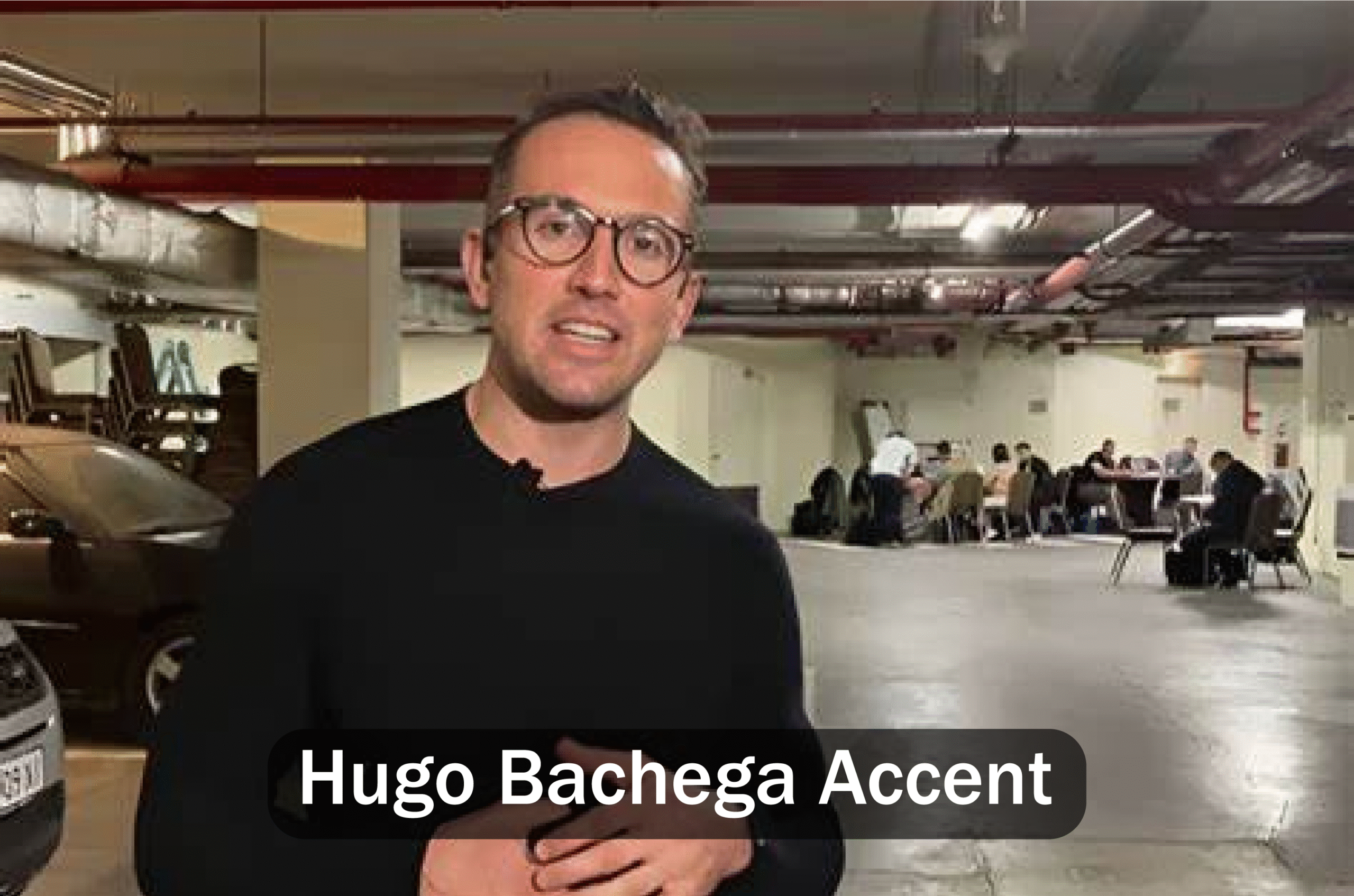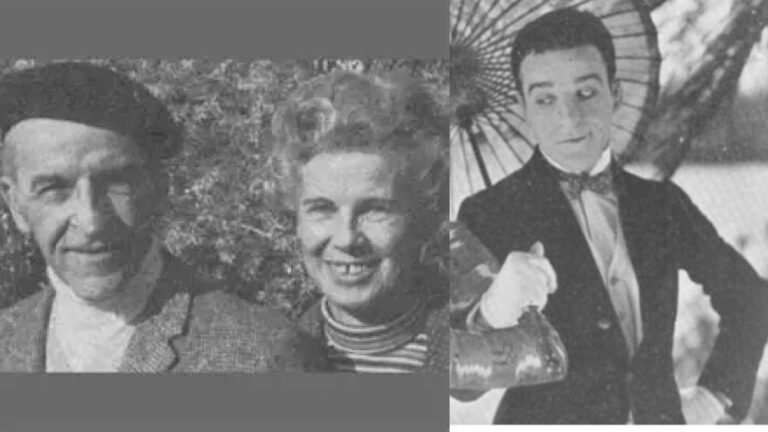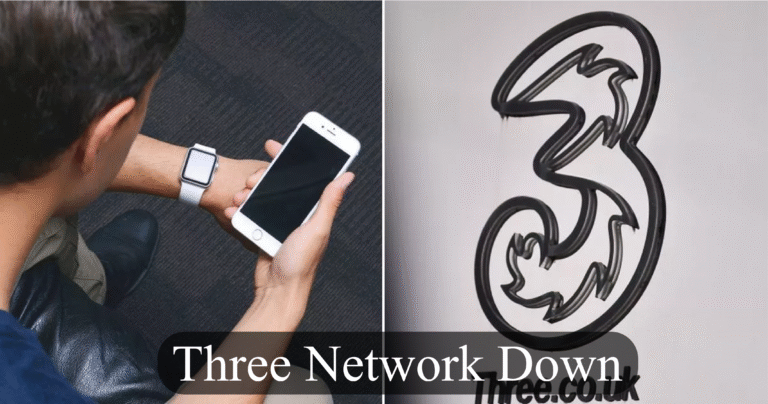Hugo Bachega Accent: What Makes His BBC Voice So Unique?
Introduction
The Hugo Bachega accent is something people notice when they hear him talk. Hugo Bachega is a journalist who grew up in Brazil and now works for the BBC. His accent is not like most reporters. It is special and makes people feel calm and curious. This article will explain what his accent sounds like, where it comes from, and why it is important. It will be easy to read and full of true facts.
Hugo Bachega Speaks from Brazil
Hugo Bachega was born in Brazil. That means his first language was Portuguese, which is spoken in Brazil. When someone grows up speaking Portuguese, their brain and mouth learn certain ways to shape words and sounds. These ways often stay with you when you learn another language, like English. That is why Bachega’s accent has hints of Brazil in it.
A Voice That Carries Two Worlds
Hugo lived in England and worked for the BBC. That means he listened to a lot of British English. Because of this, his accent changed a little. Now, his English is not the same as people who grew up in Brazil or in England. It is a mix of both. We call this kind of accent a hybrid accent. So, when you hear the Hugo Bachega accent, you might notice both English and Brazilian sounds.
What the Accent Sounds Like
His accent is easy to describe:
- Warm and calm: It sounds friendly and kind.
- Smooth rhythm: It feels a little musical, like Portuguese speech.
- Clear sounds: His consonants (like “t” and “k”) are neat and easy to hear.
- Bright vowels: When he says vowels (like “a,” “e,” “o”), they are open and lively.
Because of these qualities, the Hugo Bachega accent is pleasant and easy to follow.
Why the Accent Stands Out
In big news websites, many journalists speak with very plain or similar accents, often trying not to stand out. But Bachega’s accent sounds different—it feels real. It does not hurt his reporting. Instead, it makes him more interesting. His voice sounds trustworthy and kind. This helps people believe what he is saying and stay interested.
Why Accents Matter in News
When people tell news stories, their voice is part of the message. A voice that sounds calm and honest can help people trust what they hear. The Hugo Bachega accent is one of those voices. It shows he is careful and real. It also shows he is from more than one place. That makes him a good fit for telling stories from around the world.
Keeping a Piece of Home
Some reporters learn English so well that they sound like native speakers. Others keep a little bit of their home accent. Hugo did both:
- He speaks very clear English.
- Yet, he keeps his Brazilian sounds, too.
That makes his accent special. It shows that he did not forget where he came from, even though he works in faraway places.
People Notice His Voice
When people hear Hugo on the news or social media, many comments show how much they like his voice. They say it is “calming” or “different in a nice way.” Because his accent is not the same as everyone else’s, it makes people pay attention and listen more closely.
A Cultural Bridge
Hugo not only speaks English well, but his accent also acts like a bridge between cultures. He is from Brazil but works for the BBC in the UK. His voice shows both sides. When journalists talk in a mixed way, it reminds people that the world has many voices and stories. The Hugo Bachega accent helps bring those stories together.
A New Kind of Media Voice
In the past, news reporters were expected to use a “neutral” accent. That meant sounding plain and not from anywhere special. But now, media is changing. People like to hear voices from different countries and backgrounds. Hugo is part of that change. His accent adds to this new way of seeing reporters—not just as voices, but as real people with real backgrounds.
Example: Live Reporting with Calm Voice
One time, Hugo was reporting live during explosions in Kyiv (Ukraine). Even when things were scary, his voice stayed steady. People heard him duck and explain calmly. That is not only brave—it is also a result of his calm accent and training.
Learning from His Accent
If you want to speak English clearly, you can learn from Hugo:
- Practice warm tones: Try to speak like talking to a friend.
- Keep your own sounds: Don’t erase your natural accent. It makes you special.
- Train clearly: Work on making consonants and vowels sharp.
- Speak with rhythm: Portuguese has a lovely rhythm—let it stay in your speech.
Why Kids Can Understand
Even a 10-year-old can understand this story. That is because:
- The words are simple.
- The ideas are clear.
- It only talks about Hugo’s accent, not too many other things.
- It helps kids feel curious and proud of their own voices.
Conclusion
The Hugo Bachega accent is more than just a way of speaking. It is a part of who Hugo is—a man from Brazil, working in big places like the BBC, talking about world events from calm, important spots. His accent is warm, different, and real. It teaches us that voices can tell stories too. And that even in big news, having a unique voice is a good thing.
FAQs About Hugo Bachega Accent
Q1: What kind of accent does Hugo Bachega have?
A1: Hugo Bachega has a mixed accent. It combines Brazilian Portuguese sounds with clear English speech. This blend comes from his background in Brazil and his work in international media.
Q2: Why does Hugo Bachega’s accent sound different from other reporters?
A2: His accent sounds different because it is not fully British or fully Brazilian. It is a hybrid. This makes his voice stand out and feel more personal and calm.
Q3: Is the Hugo Bachega accent easy to understand?
A3: Yes, it is. His voice is smooth, his words are clear, and his tone is friendly. Even young listeners find it easy to follow.
Q4: What makes the Hugo Bachega accent special?
A4: It is special because it keeps some Brazilian sounds while still being clear in English. His accent feels warm and trustworthy, which is important for a news reporter.
Q5: Does Hugo Bachega try to hide his Brazilian accent?
A5: No, he doesn’t. He speaks very well in English but keeps some natural Brazilian sounds. This shows that he is proud of where he comes from.
Q6: How do people react to the Hugo Bachega accent?
A6: People like it. They say his voice is calming, real, and interesting. Many enjoy listening to him because his way of speaking feels different from others in the news.
Q7: Can someone learn to speak like Hugo Bachega?
A7: Yes. By practicing warm tones, clear consonants, and natural rhythm, people can improve their speech. You don’t have to change your whole accent—just speak clearly and confidently.
Q8: Why is Hugo Bachega’s accent important in journalism?
A8: His accent helps people connect with him. It shows that news can be told in different voices. It also shows that you don’t need a “perfect” accent to be a good reporter.
Q9: What does the Hugo Bachega accent teach us about identity?
A9: It teaches us that our voice and accent are part of who we are. We can speak well in other languages without losing our roots. Hugo’s voice is proof of that.
Q10: Why is this accent a good example for young learners?
A10: Because it’s clear, calm, and shows that being different is okay. Kids can learn to speak well in English and still keep their own unique sounds—just like Hugo.






One Comment